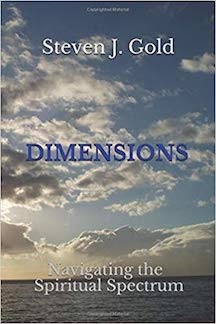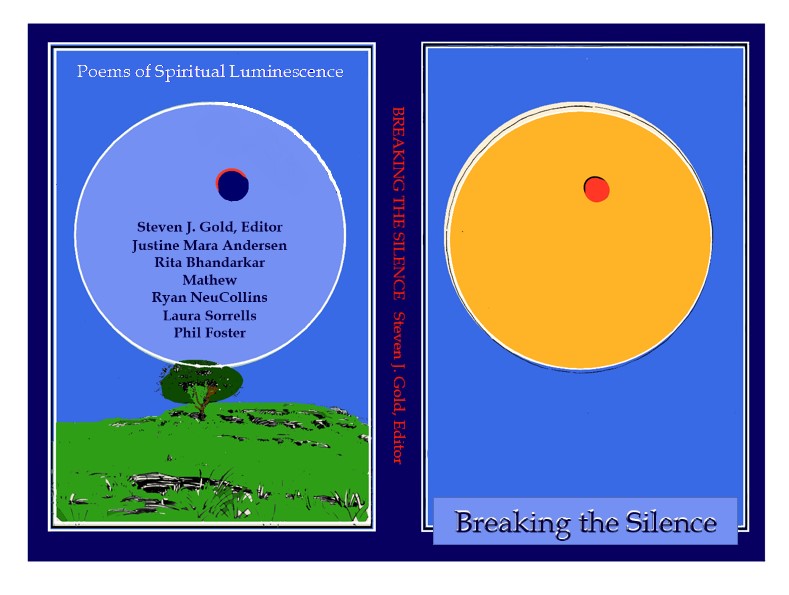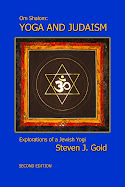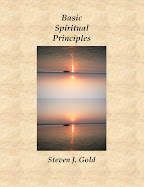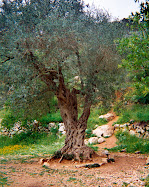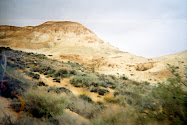Quote of the Week 419 - Listend/Hearing for Non-material Sustenance
Quote of the Week 419 - Listening/Hearing for Non-material Sustenance
Every one who is thirsty, come and drink. He who has no money, come, buy and eat. Come, buy wine and milk without money and without price. Why do you spend your money for that which is not bread and your labor for that which does not satisfy? Listen carefully to Me, and eat what is good. Let your soul delight in abundance. Incline your ear, and come to Me. Hear, that your soul will live…
--Isaiah 55:1-3, The Living Torah translation by Rabbi Aryeh Kaplan
Meditation (Click your selection, scroll down to view it)
- Audio Link: Interview - You Cannot Avoid Mystery; Eastern Meditation
- Audio Link: A Foundation for a Fruitful Meditation Practice: Science of Breath/Pranayama/Relaxation - Theory and Practice
- Audio Link: (Scroll to 11/04/18 entry) The Breath and Life Force; Guided Meditation - I Am an Empty Shell, Therefore I Am Full, etc.
- Meditation Basics - Expanded Version
- Meditation Basics - Condensed Version
- Mantra Meditation Basics
- Nada Meditation - Anahata/The Unstruck Sound
- Jewish Yoga Meditation
- Hebrew Mantras
- Hebrew Mantras, Part Two
- Hebrew Mantras, Part Three
- Hebrew Mantras - Adonai Hineni
- Healing Meditation: Ruach El Shaddai/Breath of Balance
- Meditating, Eating and Sleeping
- Shortcuts to Spiritual Development?
- Audio Link: Guided Meditation - I Am and Empty Shell, Therefore I Am Full; A Meditation on Emptiness and Dark Luminescence Based on the Opening Lines of Genesis
- Guided Meditation: The Stage
- Guided Meditation: I Am an Empty Shell, Therefore I Am Full; A Meditation on Emptiness and Dark Luminescence Based on the Opening Lines of Genesis
- Guided Meditation: The Rod, The Staff, and The Star
- Torah-Veda Meditation Class Site
- Interspiritual Contemplative Group
CURRENT TEACHING SESSIONS
Thursday, September 22, 2011
Quote of the Week 193 - A Zombie Life
Tuesday, September 20, 2011
Saturday, September 17, 2011
Friday, September 16, 2011
Ten Years After
Quote of the Week 192- Longing for the Missing Moon, Admiring Buds and Faded Flowers
Thursday, September 8, 2011
Quote of the Week 192 - What Is God?
Tuesday, September 6, 2011
God and Evil
First, I'll start with some questions for you to ponder:
Can anything at all exist without God?
Are you suggesting with your question that something (sin, evil) exists independent of God?
How can you suggest that, if you are a monotheist, which you appear to be?
If you are a monotheist, does not everything owe its authorship or source to the One?
If you have a child that becomes a totally incorrigible, lifetime criminal committing the most heinous of crimes, is he/she no longer your child?
Isn't Samael/Satan/Lucifer a fallen angel?
If so, when he was a good angel, was he not a creation of God's?
If so, did he cease to be a creation of God's after he fell?
I have differentiated between God and Kundalini the best I could in my last lengthy response. Kundalini, by my definition, is the designation for the power/activity of God as Creator, Sustainer, and Destroyer of all in the realm of the relative, of the manifest, of actuality. In that realm, God as Kundalini is a verb as much as a noun. There is a wonderful book by a modern Jewish mystic rabbi, David Cooper, called "God is a Verb". Kundalini does not exist in the realm beyond creation. There, the ineffable God alone exists.









